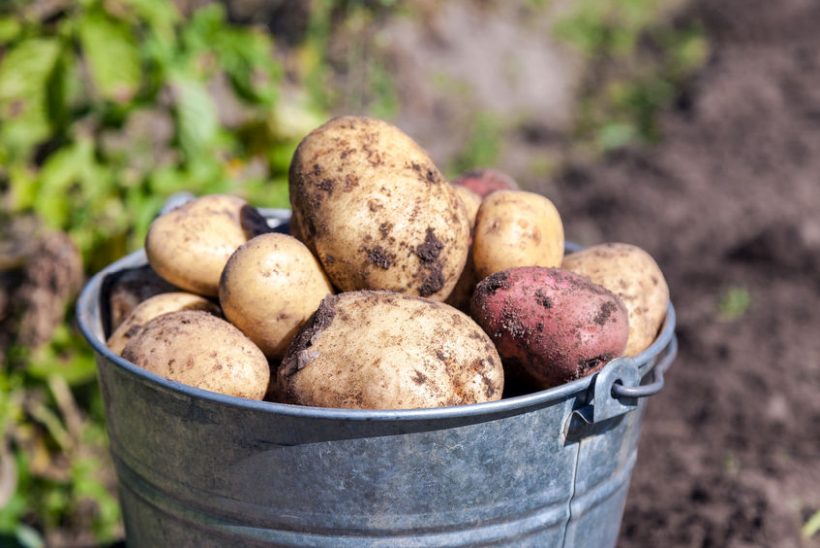
Manipulating RNA has allowed scientists to massively increase the yield of common crops as well as increasing drought tolerance, according to a new study.
In initial tests, adding a gene encoding for a protein called FTO to both rice and potato plants increased their yield by 50% in field tests.
The plants grew significantly larger, produced longer root systems and were better able to tolerate drought stress.
Analysis also showed that the plants had increased their rate of photosynthesis, according to the study by a consortium of researchers from the US and China.
"The change really is dramatic," said University of Chicago professor Chuan He, who together with Guifang Jia at Peking University, led the research.
"What's more, it worked with almost every type of plant we tried it with so far, and it's a very simple modification to make."
The researchers are hopeful about the potential of this breakthrough, especially in the face of climate change and other pressures on crop systems worldwide.
"This really provides the possibility of engineering plants to potentially improve the ecosystem as global warming proceeds," said Prof He.
"We rely on plants for many, many things—everything from wood, food, and medicine, to flowers and oil--and this potentially offers a way to increase the stock material we can get from most plants."
For decades, scientists have been working to boost crop production in the face of an increasingly unstable climate and a growing global population.
But such processes are usually complicated, and often result only in incremental changes.
The way this discovery came about was quite different. The researchers focused on a protein called FTO, the first known protein that erases chemical marks on RNA.
The scientists knew it worked on RNA to affect cell growth in humans and other animals, so they tried inserting the gene for it into rice plants—and then watched as the plants took off.
The rice plants grew three times more rice under laboratory conditions. When they tried it out in real field tests, the plants grew 50% more mass and yielded 50% more rice.
They grew longer roots, photosynthesized more efficiently, and could better withstand stress from drought.
The scientists repeated the experiments with potato plants, which are part of a completely different family. The results were the same.
The process used involves using an animal FTO gene in a plant. But once scientists fully understand this growth mechanism, Professor He thinks there could be alternate ways to get the same effect.
"It seems that plants already have this layer of regulation, and all we did is tap into it," Prof He said.
"So the next step would be to discover how to do it using the plant's existing genetics."
"Even beyond food, there are other consequences of climate change. Perhaps we could engineer grasses in threatened areas that can withstand drought."
